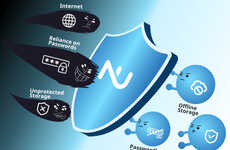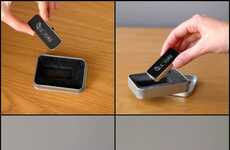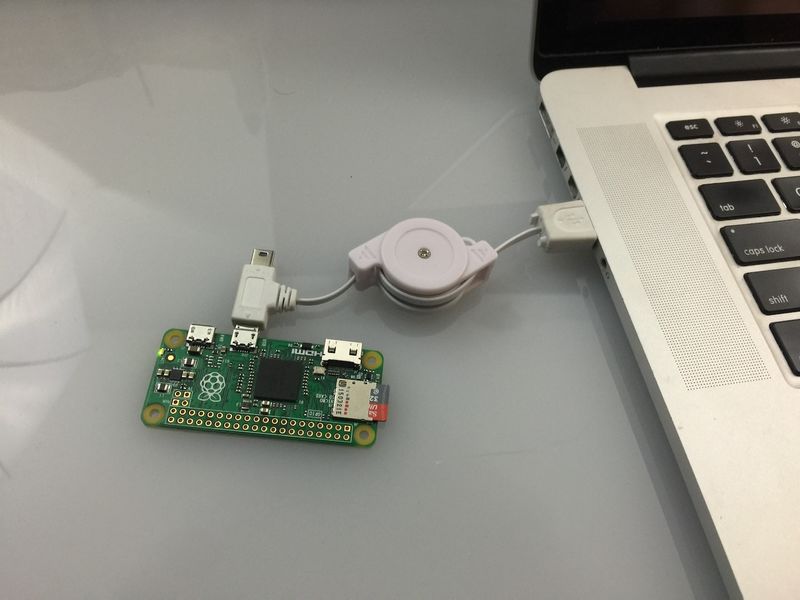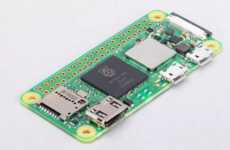
PoisonTap Uses a Raspberry Pi to Hack Computers in Just 30 Seconds
References: samy.pl & arstechnica
PoisonTap is a device that reveals the perils of privacy in an increasingly connected and computerized future. The small, card-sized device can connect via USB and insert malicious code onto even strongly password-protected Macs and PCs, giving hackers access to users' sensitive information.
Part of the terrifying nature of PoisonTap is that the entire system is incredibly inexpensive. The computational power of the device comes from a Raspeberry Pi Zero computer, which costs about $5.
The system requires a malicious hacker to be able to sit at the computer, but it can conduct its entire operation in just 30 seconds -- meaning that even a quick bathroom break could spell disaster. Not only does the PoisonTap steal information while it is actively in the computer, but it also installs a backdoor that gives hackers access to incoming information for the foreseeable future.
Part of the terrifying nature of PoisonTap is that the entire system is incredibly inexpensive. The computational power of the device comes from a Raspeberry Pi Zero computer, which costs about $5.
The system requires a malicious hacker to be able to sit at the computer, but it can conduct its entire operation in just 30 seconds -- meaning that even a quick bathroom break could spell disaster. Not only does the PoisonTap steal information while it is actively in the computer, but it also installs a backdoor that gives hackers access to incoming information for the foreseeable future.
Trend Themes
1. Inexpensive Hacking Devices - The market for affordable hacking devices is growing and presents a disruptive innovation opportunity for security companies to develop low-cost countermeasures.
2. USB Security - The rise of USB hacking devices highlights the need for improved security protocols to defend against physical access threats, such as two-factor authentication.
3. Quick Hacking Techniques - The development of PoisonTap demonstrates the need for businesses to implement security procedures that can detect and prevent attacks that can be executed quickly and efficiently.
Industry Implications
1. Cybersecurity - The proliferation of inexpensive hacking devices poses a serious threat to cybersecurity, spurring demand for more robust security solutions.
2. Consumer Electronics - The compact size and low cost of devices like the Raspberry Pi Zero are driving innovation in the consumer electronics industry, creating opportunities to integrate these devices into new products.
3. Data Privacy - The threat of USB hacking devices highlights the importance of protecting data privacy and could lead to increased demand for privacy-focused technologies and services.
4.9
Score
Popularity
Activity
Freshness
























